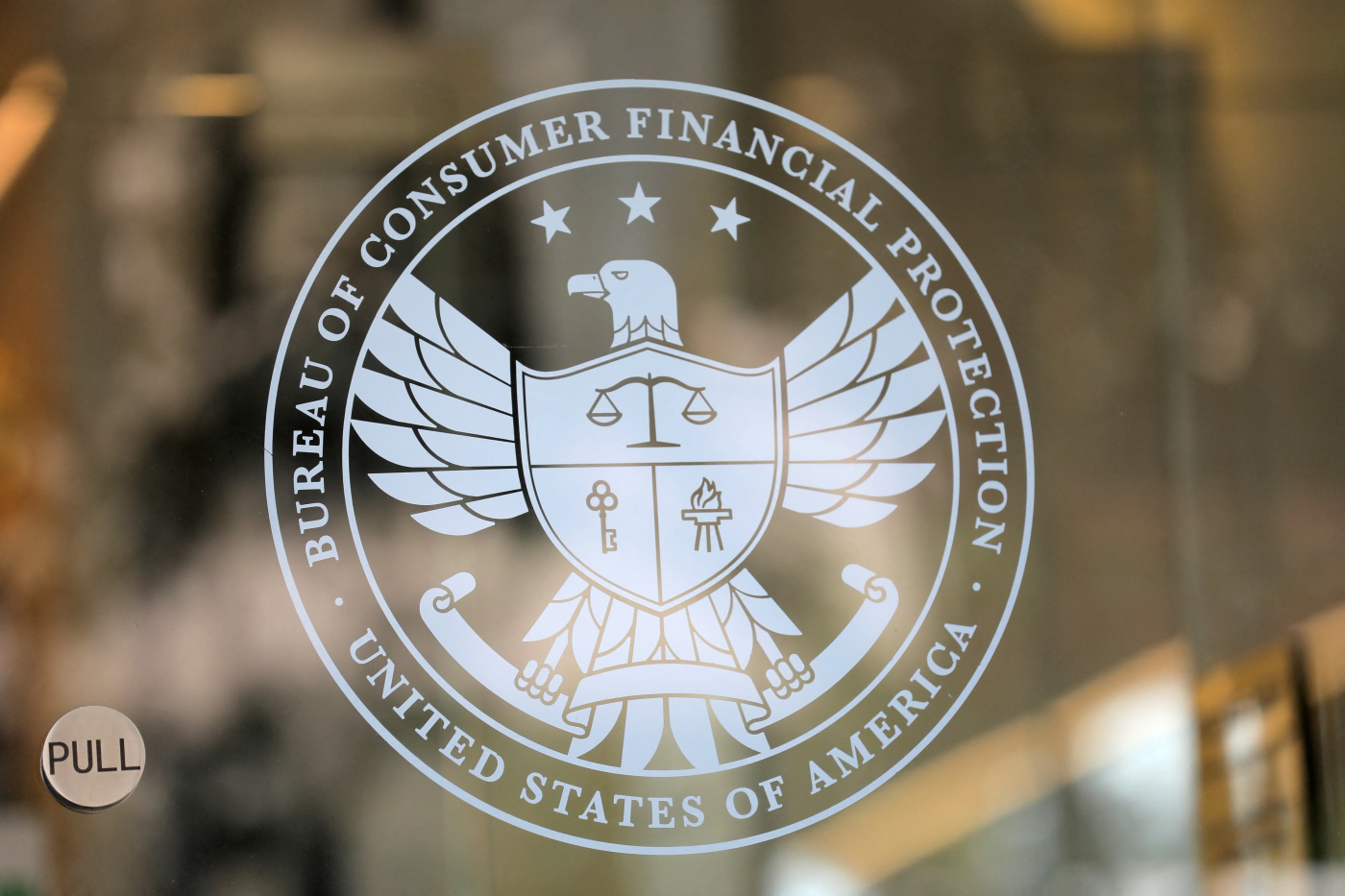
No more consumer protection? What the CFPB shutdown means for you.
In the waning months of the Biden administration, the Consumer Financial Protection Bureau, or CFPB, released a flurry of new consumer protection rules, targeting everything from bank overdraft fees and credit card late fees to old medical debt on credit reports.
If the Democrats had fared better at the polls, then some of the rules might have taken effect by now. As it stands, the consumer agency itself is in limbo.
New President Donald Trump fired CFPB director Rohit Chopra and installed an acting director, Russell Vought, who ordered the agency to halt its work and shut its doors.
Elon Musk, the billionaire tasked with slashing Beltway budgets, broadcast Trump’s apparent intentions, and his own, in a Feb. 7 tweet that read, “CFPB RIP,” along with a tombstone emoji.
Trump has nominated Jonathan McKernan, a former Federal Deposit Insurance Corporation board member, as a new permanent head of the consumer watchdog group. But it remains to be seen what sort of agency McKernan might inherit.
Need a break? Play the USA TODAY Daily Crossword Puzzle.
Most CFPB initiatives have obvious consumer appeal: Credit card customers would probably welcome lower late payment fees. But the financial industry has sued to block many of the rules, saying they might actually do more harm than good. A cap on overdraft fees, for example, could prompt a bank to stop protecting customers against overdrafts.
“You have to think, one way or another, these things will wind up in front of the Supreme Court,” said Mark Hamrick, senior economic analyst at Bankrate, the personal finance site.
Partisan politics may determine CFPB's future
Partisan politics may shape the agency’s future.
Formed after the 2008 financial crisis, the CFPB was modeled on an idea from Sen. Elizabeth Warren, the Massachusetts Democrat. Many agency initiatives have popular appeal, consumer advocates say. But a steady drumbeat of criticism, especially from the financial industry and congressional Republicans, suggests the agency has far exceeded its mandate.
“We are hoping that these are broadly popular measures, that Republicans will understand that their voters don’t want banks to gouge them with excessive, back-end overdraft fees,” among other charges, said Lauren Saunders, associate director of the National Consumer Law Center, the nonprofit consumer advocacy group. “We’re hopeful, but who knows.”
With the fate of the CFPB up in the air, here is a rundown of the agency’s most high-profile recent actions, arguments for and against them, and their status in the new Trump administration.

Credit card late fees
A rule announced in March 2024 capped late fees on credit cards at $8 for the largest card companies. The typical late fee is about $30.
Argument for: Regulators said late fees were needlessly high. They predicted the cap would save American families more than $14 billion a year.
Argument against: Industry leaders said the cap could trigger higher interest rates, raising the cost of credit for customers who pay their bills on time.
Where it stands: The rule was to have taken effect in May 2024. But litigation ensnared it, and industry watchers predict the case may go against the CFPB.

Bank overdraft fees
The CFPB capped most bank overdraft fees at $5 in a rule announced in December. Fees have averaged around $27.
Argument for: The agency said overdraft fees, like late fees, are needlessly high. Capping them could save $5 billion a year, or $225 per fee-paying household.
Argument against: Industry leaders say the rule could backfire on vulnerable customers, who rely on overdraft protection to stay solvent.
Where it stands: The rule was to take effect in October 2025. But Republican lawmakers have introduced legislation to reverse it, and they control both houses of Congress. The financial industry has filed suit to stop the rule.
Medical debt on credit reports
In January, the CFPB banned the inclusion of medical bills on credit reports, so medical debt won’t count against consumers who try to take out a loan.
Argument for: Regulators say that unpaid medical bills factor into thousands of denied mortgage applications, and that many medical debts are unjustified.
Argument against: Industry leaders say the rule will ultimately harm consumers, who might be issued loans they are unable to repay.
Where it stands: The rule was to take effect in March. The financial industry sued, and a federal judge paused it. The Trump administration also effectively froze it, along with other pending federal rules.
Regulation of digital payment apps
In November, the CFPB finalized a rule to give itself broad regulatory oversight of large digital payment apps, such as Google Pay and Venmo.
Argument for: Regulators said payment apps are increasingly vulnerable to fraud. Consumers sometimes lose access to their accounts without notice.
Argument against: Financial tech companies have warned the rules will stifle innovation and push startups out of the business.
Where it stands: The rule was to take effect in January, but the new administration may elect not to act on it. Financial tech firms have filed suit to block it. On Thursday, House Republicans said they intend to roll it back.
Control of personal financial data
In October, regulators announced a rule that gives consumers more control over their personal financial data.
Under the new rule, financial institutions must transfer a consumer’s financial data to another company at no cost at the customer’s request.
Argument for: The CFPB said the rule will make it easier to change banks, lower costs on loans and improve customer service.
Argument against: Banking leaders say the rule enacts a “complicated, expensive, mandatory regulatory framework that Congress never authorized.”
Where it stands: The rule was not to take effect until April 1, 2026, for large banks. The banking industry has filed suit to halt it.

